That attractive $50-per-day car rental quote you found online for your Rwanda adventure might seem like a steal—until you arrive and discover your final bill has nearly doubled. Hidden fees and unexpected charges plague the car rental industry worldwide, and Rwanda is no exception. Before you commit to any booking, arm yourself with knowledge about these commonly overlooked costs that can devastate your travel budget.
1- The Insurance Trap: Understanding What You’re Really Covered For
Most rental quotes advertise “comprehensive insurance included,” but the devil lurks in the details. Standard Collision Damage Waiver (CDW) typically comes with a substantial excess—the amount you’ll pay out-of-pocket before insurance kicks in. This excess can range from $1,000 to $3,000, a detail often buried in fine print or only revealed at pickup.
Even more concerning, many standard insurance policies exclude specific destinations. Planning to trek mountain gorillas in Volcanoes National Park or explore remote areas of Nyungwe Forest? Some policies explicitly exclude these regions, leaving you fully liable for any damage. Always request written confirmation of which areas your insurance covers before signing anything.
Third-party insurance might seem adequate until you realize it only covers damage to other vehicles and property—not the rental vehicle itself. The “super CDW” or “premium insurance” that reduces your excess to zero costs an additional $10-$25 daily, a charge rarely included in advertised base rates but essential for genuine peace of mind.

2- Mileage Limitations: The Silent Budget Killer
“Unlimited mileage” should be your non-negotiable requirement, yet budget rental companies frequently impose daily kilometer limits—often 100-150 km per day. Given that the drive from Kigali to Akagera National Park alone covers approximately 110 kilometers one way, these limitations become problematic quickly.
Excess mileage charges typically range from $0.30 to $0.70 per kilometer, costs that accumulate rapidly when exploring Rwanda’s diverse attractions. A week-long circuit visiting Volcanoes National Park, Lake Kivu, and Akagera easily covers 1,200-1,500 kilometers. If your daily limit is 150km (1,050km weekly), you’ll face overage charges of $45-$105 on a mileage-restricted rental—a nasty surprise at return time.
3- Equipment Rental: Death by a Thousand Small Charges
That GPS device mentioned casually during pickup? It’s $8-$10 per day. The camping equipment essential for budget safaris in Akagera? Another $20-$35 daily. Child safety seats for families? Add $5 per seat, per day. A spare phone charger? $3 daily.
These seemingly minor additions compound dramatically over multi-day rentals. A two-week trip with GPS, camping gear, and two child seats could add $500-$700 to your base rental cost—expenses often omitted from initial quotes. Savvy travelers bring their own equipment when possible or download offline maps to smartphones, though rooftop tents and camping equipment necessarily come from rental companies.
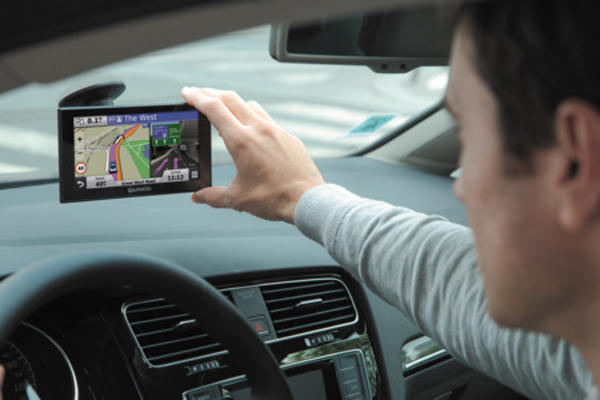
4- The Fuel Policy Deception
The “fair fuel policy” sounds reasonable: pick up the car with half a tank, return it with half a tank. However, determining “half” remains subjective, leading to disputes and arbitrary refueling charges of $50-$100. Even more problematic, some companies offer pre-purchase fuel options where you pay for a full tank upfront at inflated rates (often 20-30% above pump prices) and return the vehicle empty.
These pre-paid fuel arrangements guarantee you’ll overpay unless you return with an absolutely bone-dry tank—virtually impossible and potentially damaging to the vehicle. The only truly transparent policy is full-to-full: receive the car with a full tank, return it full, and keep your final refueling receipt as proof.
5- Cross-Border and National Park Fees
Planning a Uganda gorilla trekking extension or Tanzania safari add-on? Cross-border permits cost $50-$150 per country but are rarely mentioned in initial quotes. Some rental agreements explicitly prohibit cross-border travel entirely, a restriction you might only discover after payment when requesting the necessary documentation.
Similarly, certain rental companies charge daily “national park access fees” of $10-$20 for vehicles entering Rwanda’s protected areas. These aren’t government charges—they’re company-imposed fees supposedly covering additional vehicle wear and tear or insurance risks. Legitimate government park entrance fees for vehicles do exist but are significantly lower and typically absorbed by rental companies as business costs.
6- Airport Pickup Premiums and After-Hours Charges
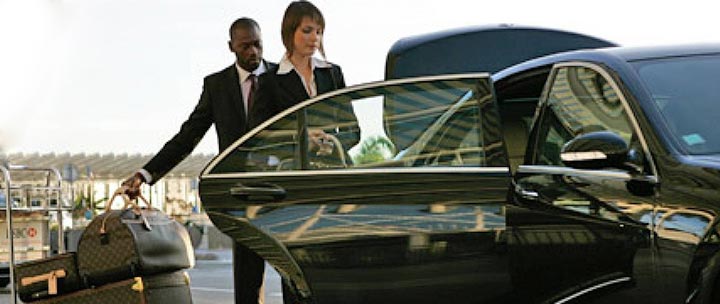
That convenient Kigali International Airport pickup? It often carries a $25-$50 surcharge compared to office collection, especially for arrivals outside standard business hours (typically 8 AM-6 PM). Weekend or holiday pickups may incur additional premiums of $30-$75.
Late return penalties are equally punitive. Most companies allow a 1-2 hour grace period, but exceeding this window triggers full-day rental charges. Return your vehicle even three hours late, and you’ll pay another day’s rental—potentially $80-$200 depending on your vehicle category.
7- Additional Driver Fees and Age Surcharges
Adding a second driver costs $5-$15 daily per person, a charge that seems minor until multiplied across a two-week rental. Drivers under 25 or over 70 often face age-related surcharges of $10-$20 daily, discrimination that’s legal and widely practiced in the rental industry.
How to Protect Yourself
Request itemized, all-inclusive quotes from multiple companies specifying every potential charge. Ask explicitly about insurance excess amounts, area restrictions, mileage policies, equipment costs, and cross-border permissions. Get everything in writing via email before paying deposits. Document the vehicle’s condition exhaustively with photos and videos at pickup, ensuring all existing damage is noted on your rental agreement.
Read rental contracts thoroughly before signing, questioning any unclear clauses. Consider booking through established companies with transparent pricing structures, even if base rates appear slightly higher—you’ll likely save money overall while avoiding rental-counter surprises.
Understanding these hidden costs transforms you from a vulnerable tourist into an informed customer, ensuring your Rwanda car rental enhances rather than undermines your travel budget.
Planning to book a rental car in Rwanda for self drive or with a driver- simply contact us now by sending an email to [email protected] or call us now on +256-700135510 to speak with us now.
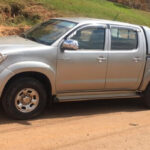
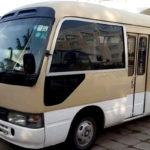
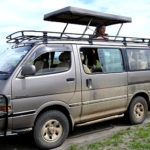
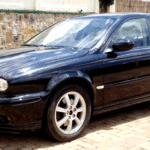


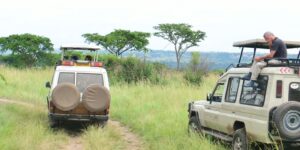


More Stories
5 Amazing Places To Visit On Self drive in Rwanda
How to Get Cheap Car Hire In Kigali City This Season
Minibus Hire in Rwanda: The Ultimate Guide for Group Travel